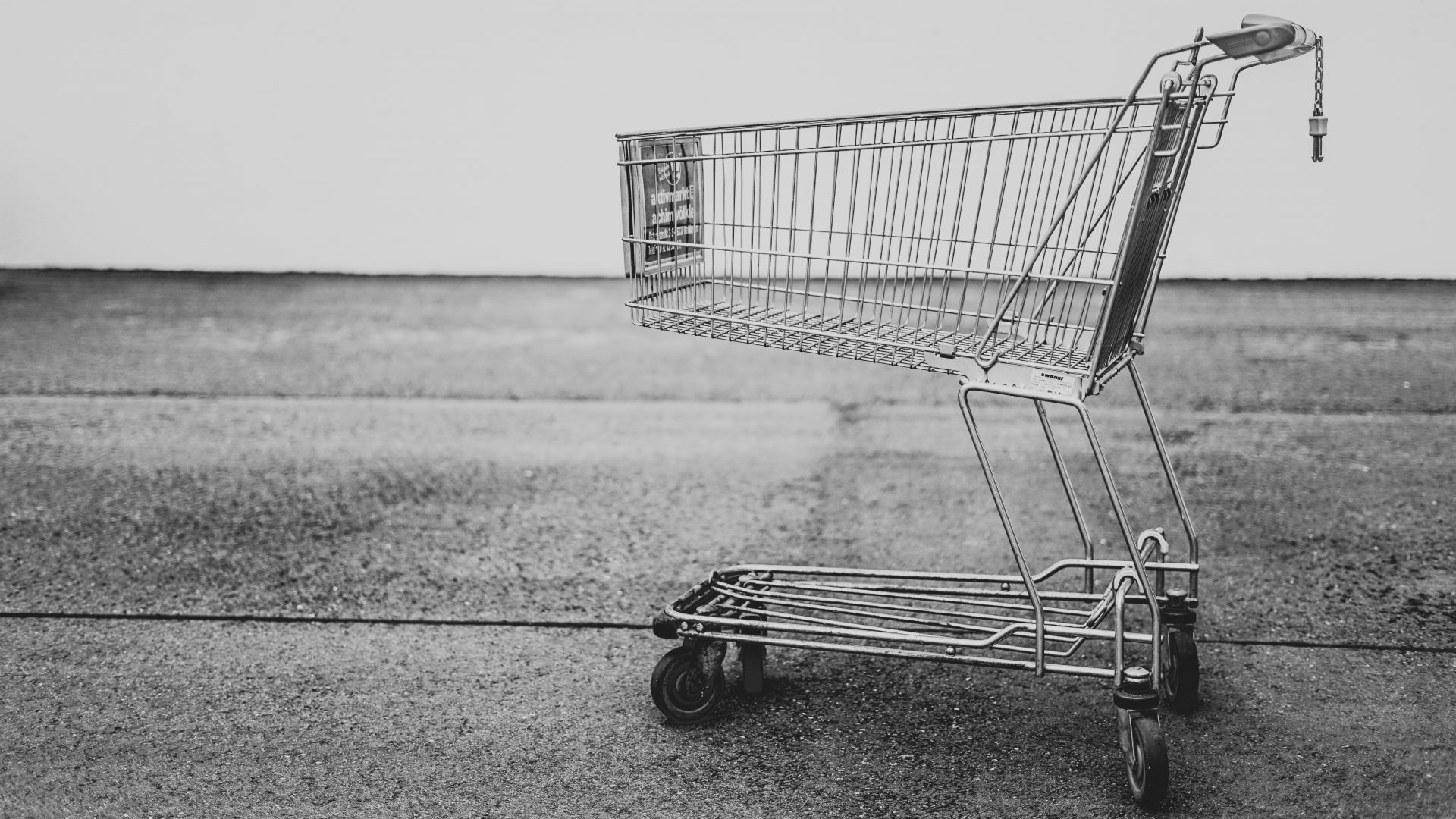
In response to the spate of panic buying over the past week, Dr Virginia Spiegler of Kent Business School advised caution for the “bullwhip effect”:
‘Panic buying is examined by experts of consumer behaviour and marketing as a means of opportunity, but it is also of great concern to operations management experts. Although its immediate effect is empty shelves in shops, panic buying can hurt the entire supply chain, forcing suppliers to temporarily ramp up capacity to respond to a demand that was not there before.
‘Major retailers with established supply chains can cope better than smaller businesses owing to their greater storage and transport flexibility, ability to replenish and larger supply base. In contrast, this can be a perilous balancing act for smaller businesses in supplying demand for today’s panic buyers, and next month’s casual shoppers.
‘However, even for well-established supply chains, it may take a long time to return to a “business as usual” operating mode after panic buying ends, at times at the expense of a business’ survival.
‘This is because of the well-known phenomenon in supply chain management called the “bullwhip effect”.
‘Small changes to product demand inevitably lead to wider demand changes, a problem then experienced by the upstream companies in the supply chain. They’re then unable to provide produce and products to go downstream to retailers and supermarkets, where the customers are waiting.
‘Previous experience and analytical models suggest that this effect can ripple up and down the supply chain many times before steadying again.
‘Panic buying intensifies this bullwhip effect, causing severe and long-lasting problems in supply chains.
‘Sometimes the demand does not reflect the consumption rate. For instance, the increase in demand for hand sanitiser is a mix of increased consumption (people are using more product due to covid-19) and panic buying for fear of stock-out. But toilet paper, which is increasingly hard to find, is an example of only panic buying. No one is consuming more toilet paper, so the increase in demand does not reflect its consumption.’
Dr Virginia Spiegler Senior Lecturer in Operations and Supply Chain Management at the University of Kent Business School.
The University’s Press Office provides the media with expert comments in response to topical news events. Colleagues who would like to learn more about how to contribute their expertise or how the service works should contact the Press Office at pressoffice@kent.ac.uk





